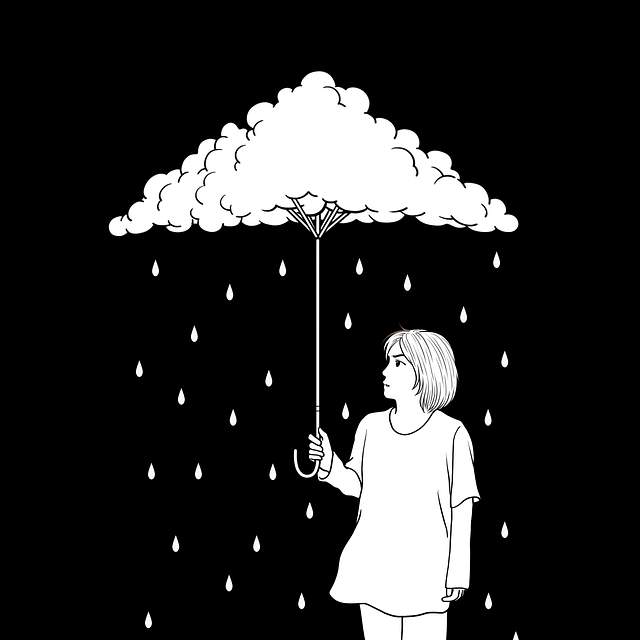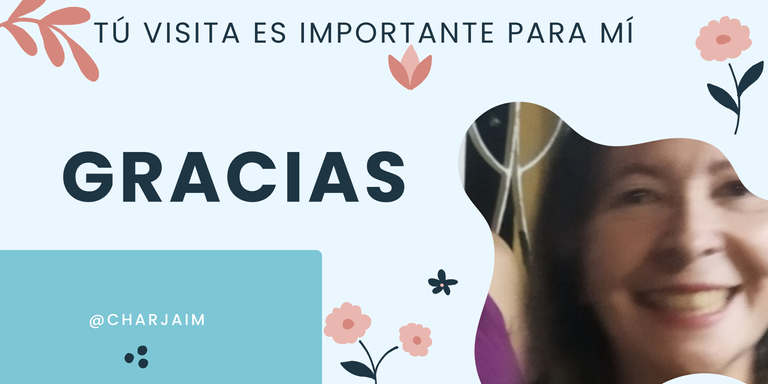Saludos, amigos de @holos-lotus, vengo por aquí a la iniciativa propuesta por @lilianajimenez, donde reflexiona acerca de cómo se sale adelante, con los mínimos recursos y en situaciones realmente precarias.

Recuerdo que en época de pandemia surgió un grupo en Facebook que se llamaba Aguantando la Pela, en él las personas sugerían cómo hacer para resolver los problemas diarios con la falta de productos. Algunas algo insólitas que mostraban el desespero pero también la creatividad. Una constante que forma parte del día a día, porque cuando no es la inexistencia del artículo es la falta de dinero para comprarlo.
De alguna manera se fue creando una normalidad de lo anormal, y los niños van creciendo creyendo, que así como se vive, es el deber ser y esto es dañino para una sociedad, donde los valores se pierden y se crean prácticas aberrantes, nocivas para el crecimiento de un pueblo.
Algo llama mi atención desde hace mucho tiempo y es la cantidad de personas que hacen vida en las aceras, sacan sus sillas y pasan las tardes allí. En esos contextos he visto: gente comiendo, lavándose los pies, en lo que parece ser una actividad de pedicura; peinándose, jugando barajas o dominó, y un sin fin de actividades de las comunes que normalmente se realizan en el interior de las casas. El motivo es que por no haber servicio eléctrico hay mucho calor; pero esto se ha vuelto tan común, que es ya una práctica habitual haya o no energía eléctrica.
En las colas para comprar gasolina, he visto también especies de campamentos para guarecerse del sol, donde socializan los choferes mientras esperan. ¿Me estoy saliendo del tema? Definitivamente, no. Hacer las cosas bien con los mínimos recursos implica tomar en cuenta no solo la falta de dinero, sino también los servicios básicos y considerar que es lo mínimo que podría hacerse para paliar la situación.
¿Qué hace la peluquera, que comienza a secar el cabello o alguien que está recibiendo nebulización cuando falla la energía eléctrica? Frustración y desesperación, por poner solo dos ejemplos ¿Con qué recursos trabaja el odontólogo que no tiene agua en el consultorio? El venezolano ha tenido que adaptarse con la falta de recursos en diferentes aspectos de la vida.
En muchos casos, como la fábula de la zorra y las uvas, se piensa que no era muy bueno lo perdido, que no es el momento de recibir o se empieza a ver qué es lo positivo de lo que se está viviendo. «Ya sé lo que es vivir en austeridad», «por lo menos aprendí a reconocer al verdadero amigo»: frases que he escuchado.

Tener estrategias para estos eventos significa que se tiene también experiencia vivida, si no, la sorpresa del momento dicta las pautas. Ante las situaciones, que surgen, trato primero de guardar silencio, evito la queja, me abstengo de usar las redes y busco ocupar la mente en otras cosas.
Intento no perder la voluntad, sé de gente que tiene los recursos y los medios y se siente paralizada y tampoco hace. A veces con pocos ingredientes, pero hecho con esmero, un plato queda mejor que el que tiene todos los ingredientes y la persona no se entusiasma en cocinar con agrado.
La paciencia es otro elemento a tomar en cuenta para saber esperar sin dejar de hacer. Todo tiene solución y muchas veces cuando damos una mirada al pasado vemos que eso que nos angustió en un momento, se resolvió y resultó una enseñanza.
Gracias por tu amable lectura.
Mi contenido es original.
Imágenes de Pixabay.
He utilizado el traductor de Google.

English Version
Greetings, friends of @holos-lotus, I come here to the initiative proposed by @lilianajimenez, where she reflects on how to get ahead, with minimal resources and in really precarious situations.

I remember that during the pandemic a group on Facebook called Aguantando la Pela emerged, in which people suggested how to solve daily problems with the lack of products. Some somewhat unusual ones that showed desperation but also creativity. A constant that is part of everyday life, because when it is not the nonexistence of the article, it is the lack of money to buy it.
Somehow, a normality of the abnormal was created, and children grow up believing that the way we live is the way we should be, and this is harmful to a society where values are lost and aberrant practices are created, harmful to the growth of a people.
Something has caught my attention for a long time and it is the number of people who spend their time on the sidewalks, take out their chairs and spend the afternoons there. In these contexts I have seen: people eating, washing their feet, in what seems to be a pedicure activity; combing their hair, playing cards or dominoes, and an endless number of common activities that are normally carried out inside the houses. The reason is that there is a lot of heat because there is no electricity; but this has become so common that it is already a normal practice whether there is electricity or not.
In the lines to buy gasoline, I have also seen types of camps to shelter from the sun, where drivers socialize while they wait. Am I getting off topic? Definitely not. Doing things right with minimal resources means taking into account not only the lack of money, but also basic services and considering that it is the least that could be done to alleviate the situation.
What does the hairdresser do, who begins to dry hair or someone who is receiving nebulization when the power fails? Frustration and despair, to give just two examples. What resources does the dentist work with when he has no water in his office? The Venezuelan has had to adapt to the lack of resources in different aspects of life.
In many cases, like the fable of the fox and the grapes, it is thought that what was lost was not very good, that it is not the time to receive or one begins to see what is positive in what one is living. "I already know what it is to live in austerity," "at least I learned to recognize a true friend": phrases that I have heard.

Having strategies for these events means that you also have lived experience, otherwise the surprise of the moment dictates the guidelines. When faced with situations that arise, I first try to remain silent, avoid complaining, refrain from using the networks and try to occupy my mind with other things.
I try not to lose my will, I know people who have the resources and the means and feel paralyzed and do nothing either. Sometimes with few ingredients, but made with care, a dish turns out better than the one that has all the ingredients and the person is not enthusiastic about cooking with pleasure.
Patience is another element to take into account to know how to wait without stopping doing. Everything has a solution and many times when we look back we see that what distressed us at one time was resolved and turned out to be a lesson.
Thank you for your kind reading.
My content is original.
Images from Pixabay.
I have used Google translator.

@tipu curate 8
Upvoted 👌 (Mana: 0/75) Liquid rewards.
Estar preparado para lo que acontece nos hace vivir el momento de una forma diferente, buscar alternativas que aporten, observando con atención en calma eso hace la diferencia.
Es el camino, la calma ayuda a ver mejor las diferentes rutas, nunca estaremos preparados del todo; pero hay que intentarlo. Saludos, amiga.
Sabias sus palabras querida amiga.
Cuánta verdad en este escrito.
Me hizo recordar a mi madre quien me decía que para hacer un buen plato de comida bastaba un diente de ajo y mucho amor porque de nada vale tener todos los ingredientes sino se tienen las ganas y el amor para hacerlo.
Otro elemento importante es la necesidad de ser pacientes y pensar antes de actuar. Hay una tendencia a querer todo rápido que el pensar se está llevando a un segundo plano.
Gracias por compartir.
Feliz jornada. Salud y saludos.